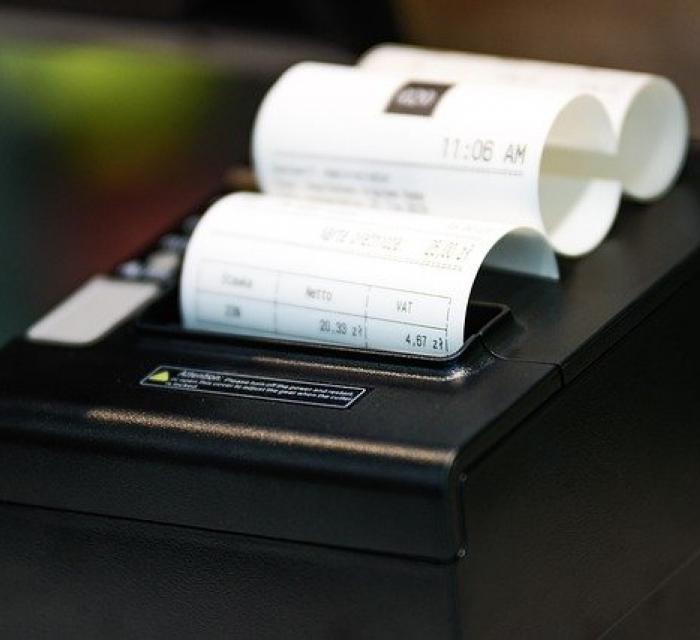New from 1.1. 2021: possibility of refund of VAT also from uncollectible receivables
From 1st January 2021, the Value Added Tax Act provides for the possibility of requesting a refund of VAT paid by the taxpayer to the state in the past, but this VAT related to the supply of goods or services for which the customer did not pay. It is thus a situation where the VAT paid was borne by the taxpayer, although according to the basic principles of VAT, the VAT should be deducted from the consideration actually received and at the same time every entrepreneur, payer, should be relieved of the burden of VAT - VAT should be neutral in relation to it and should not reduce its profit.
Under certain defined conditions, it is therefore possible for a domestic "uncollectible" receivable, so in the case of a customer invoice from which the VAT was paid according to the VAT Act, to correct the tax base, which means that the tax administrator will return to the taxpayer the VAT that the customer did not pay him. The reasons when a receivable becomes uncollectible are related to several situations under the Bankruptcy and Restructuring Act, the Enforcement Order or the Civil Procedure Code, such as stopping bankruptcy proceedings for lack of assets or finding a receivable after bankruptcy, determining the repayment schedule and many others. In particular, the legislation allows the tax base to be adjusted for the fulfillment of simple conditions for receivables up to EUR 300.
From the point of view of the Income Tax Act, provisions for receivables can be created for receivable for which there is a risk that the debtor will not pay them in full or in part, which are a tax deductible expense. Such tax deductible expenses may be, for example, provisions for receivables from debtors in bankruptcy proceedings, restructuring proceedings, or for receivables from debtors to whom the court has set a repayment schedule. If provisions have been created for receivables that do not fall into the above areas, then from the point of view of tax deductibility of expenses, a time test is monitored, which determines the amount of tax deductible provision for receivables.
The creation of provisions for receivables is also related to the write-off of a receivable, which can also be considered as a tax deductible expense in certain circumstances. Receivables are written off when there is a permanent waiver of their recovery. Before removing a receivable from the accounting, it is necessary to settle the created provision for receivables.
The write-off of a receivable can be considered as a tax deductible expense, inter alia, for example, where a court has rejected a petition for bankruptcy due to lack of assets or it follows from the outcome of bankruptcy proceedings.
Finally, the question of the running of limitation periods is also important in the above-mentioned amendments.
We will be happy to help you with a comprehensive tax analysis of your receivables and:
1) we will verify whether you meet the conditions for the said correction of the tax base according to the new wording of the VAT Act. We will mainly check when first and when at the latest, or under what conditions you can make such a correction of the tax base. It can also be receivables for deliveries of goods or services, where the delivery took place in 2018, in certain circumstances it can also be older receivables.
2) at the same time, we will assist with the assessment of the same receivables under the Income Tax Act from the point of view of the possible creation of tax adjustments as well as from the point of view of possible tax depreciation.
If you have further questions in this area or would like to leave these responsibilities to us, do not hesitate to contact us. If you are interested in other current information, follow our Facebook, Linked-in and website.



